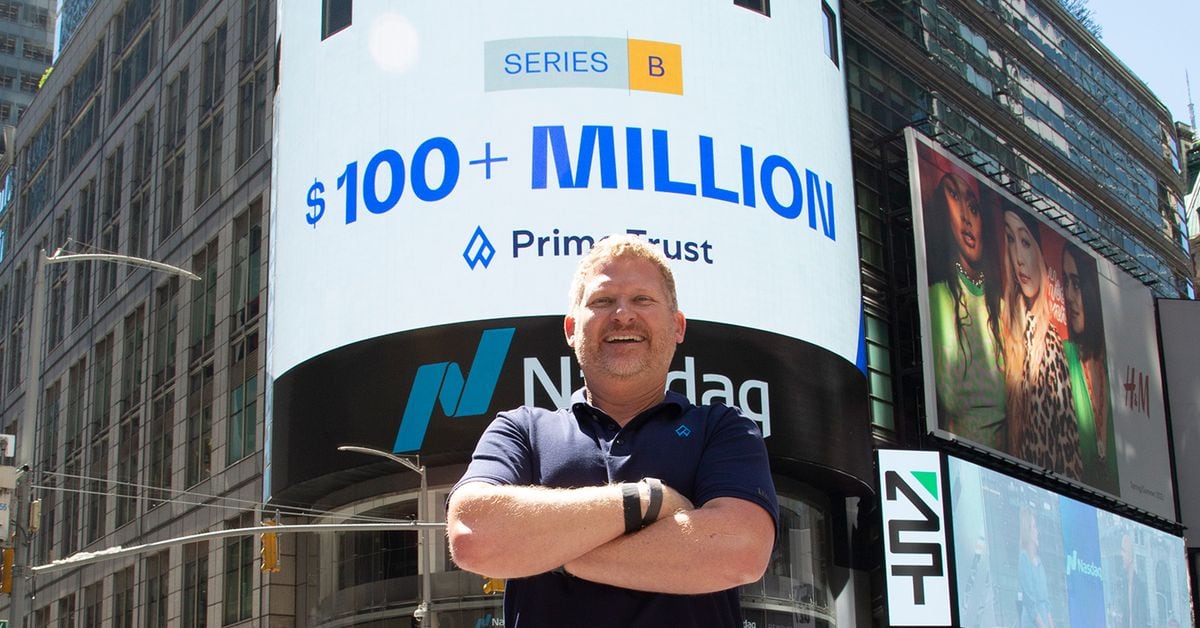
USD Coin (USDC) issuer Circle plans to increase its workforce by 15–25% in 2023 amid a sea of layoffs across the industry, reported The Wall Street Journal.
When a significant chunk of industry-wide firms is laying off staff to mitigate their financial woes, Circle has gone against the tide to hire more people.
41% of all layoffs in 2023 came from the cryptocurrency industry. Major cryptocurrency firms that made significant employee cuts include Polygon, Chainalysis, Bittrex, Huobi, Crypto.com, Coinbase, Gemini, Genesis and Wyre.
A significant factor behind crypto companies reducing workforces was the prolonged crypto winter and several crypto implosions that wiped out billions from the balance sheets of numerous associated companies. However, the large-scale crypto industry layoffs were not in isolation. Around 48,000 people were let go from just four companies in January: Google, Amazon, Microsoft and Salesforce.
The decision to increase its workforce for Circle comes just months after canceling its public debut. In December 2022, Circle mutually terminated its plans to go public with the special purpose acquisition company (SPAC), Concord Acquisition. The deal was announced in July 2021 with a preliminary valuation of $4.5 billion and was then amended in February 2022 when Circle’s valuation ballooned to $9 billion.
Circle’s chief financial officer Jeremy Fox-Geen said they still intend to go public but are waiting for better market conditions. He added that the crypto industry needs more distance from the Terra and FTX implosions for public-market investors to re-evaluate the future of digital-assets businesses.
Related: Crypto firms cut nearly 3,000 jobs in January despite Bitcoin’s rise
By the end of 2022, the stablecoin issuer had roughly 900 employees, with plans to increase the headcount by 135–225 in 2023. However, staff numbers are growing slower than they did in 2022, when the headcount more than doubled from 2021.
Circle-issued USDC is currently the second-largest stablecoin behind Tether’s (USDT), with a market cap of $42 billion.










